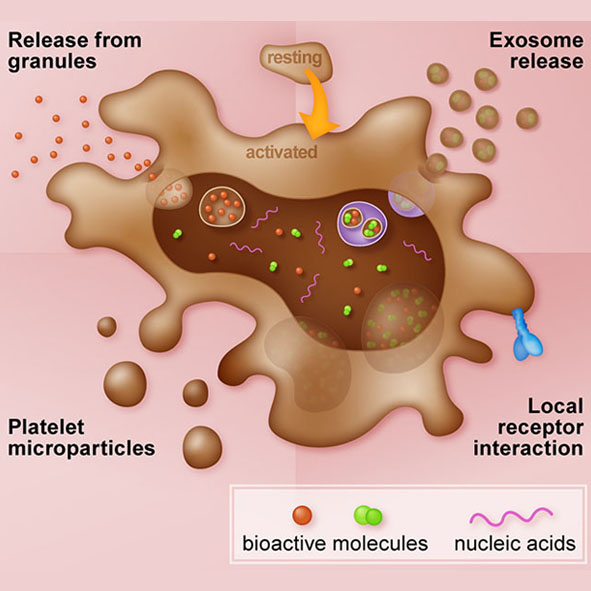This project seeks to understand the mechanism by which exercise increases neurogenesis and enhances cognition in mouse models of physiological ageing and AD.
Objective/mission (the vision)
A sedentary lifestyle is a key risk factor for age-associated neurodegeneration. In contrast, regular physical exercise delays cognitive decline and reduces the risk of developing dementia. Several mechanisms by which exercise could enhance cognitive function have been proposed, with increased new neuron generation in the hippocampus (adult neurogenesis) being one of the most well-studied. Importantly, hippocampal neurogenesis persists throughout life in humans and significantly declines with age and during Alzheimer’s disease (AD) progression, highlighting impaired neurogenesis as a potential mechanism underlying memory loss and providing a potential therapeutic target. Although the neurogenesis-enhancing effects of exercise have been extensively studied in both wild-type mice and transgenic AD mouse models, the molecular mechanisms underlying this response remain unknown.
Platelets are small blood cells traditionally known for their role in wound healing. However, platelets have recently been shown to exhibit many alternative functions. In order to fulfil a specific function, platelets must be activated.
We therefore present the novel hypothesis that exercise-activated platelets and their released factors exert beneficial effects on brain health and have the potential to counteract the cognitive decline observed during physiological ageing and in AD.
Mechanisms via which platelets communicate with brain cells

From: Leiter and Walker, 2019
Research approach (the initiative)
We are using a mouse model of physiological ageing and a transgenic APPSWE/PS1ΔE9 mouse model of AD to address five key questions:
- Aim 1. How do platelets interact with neural stem cells?
- Aim 2. Is PF4 released from exercise-activated platelets in aged and AD mice?
- Aim 3. Can systemic PF4 administration increase neurogenesis and rescue the cognitive decline observed in aged and transgenic AD mice?
- Aim 4. Is the effect of PF4 administration on cognition neurogenesis-dependent?
- Aim 5. Does exercise affect platelet activity in older humans?
Impacts and applications
These experiments will determine whether an activated platelet-driven, PF4-mediated increase in adult hippocampal neurogenesis underlies the exercise-induced protection against cognitive decline in ageing and AD. Revealing the mechanisms by which exercise promotes new neuron generation may highlight novel strategies to counteract AD-associated cognitive decline, including in individuals who are unable to exercise.


